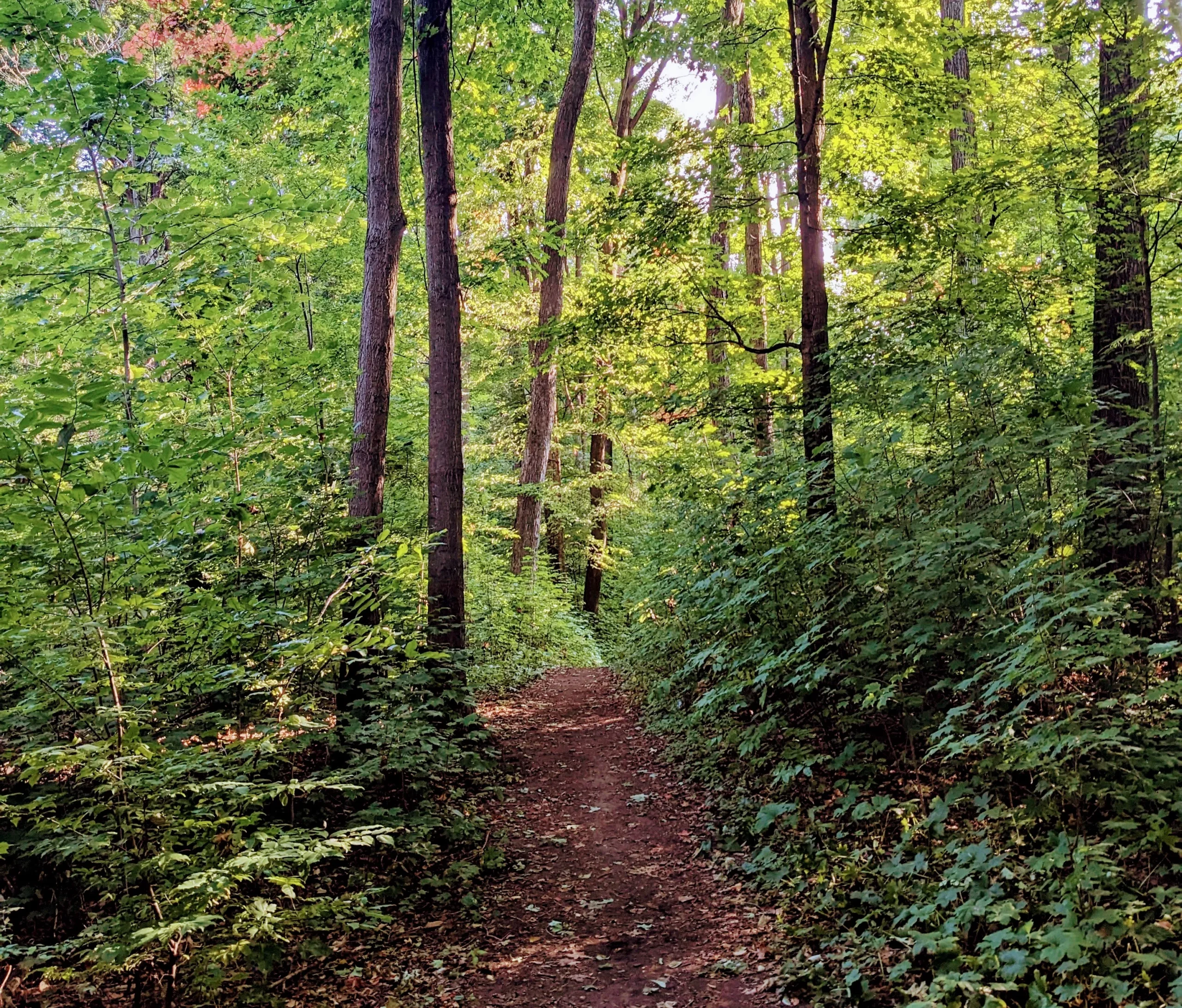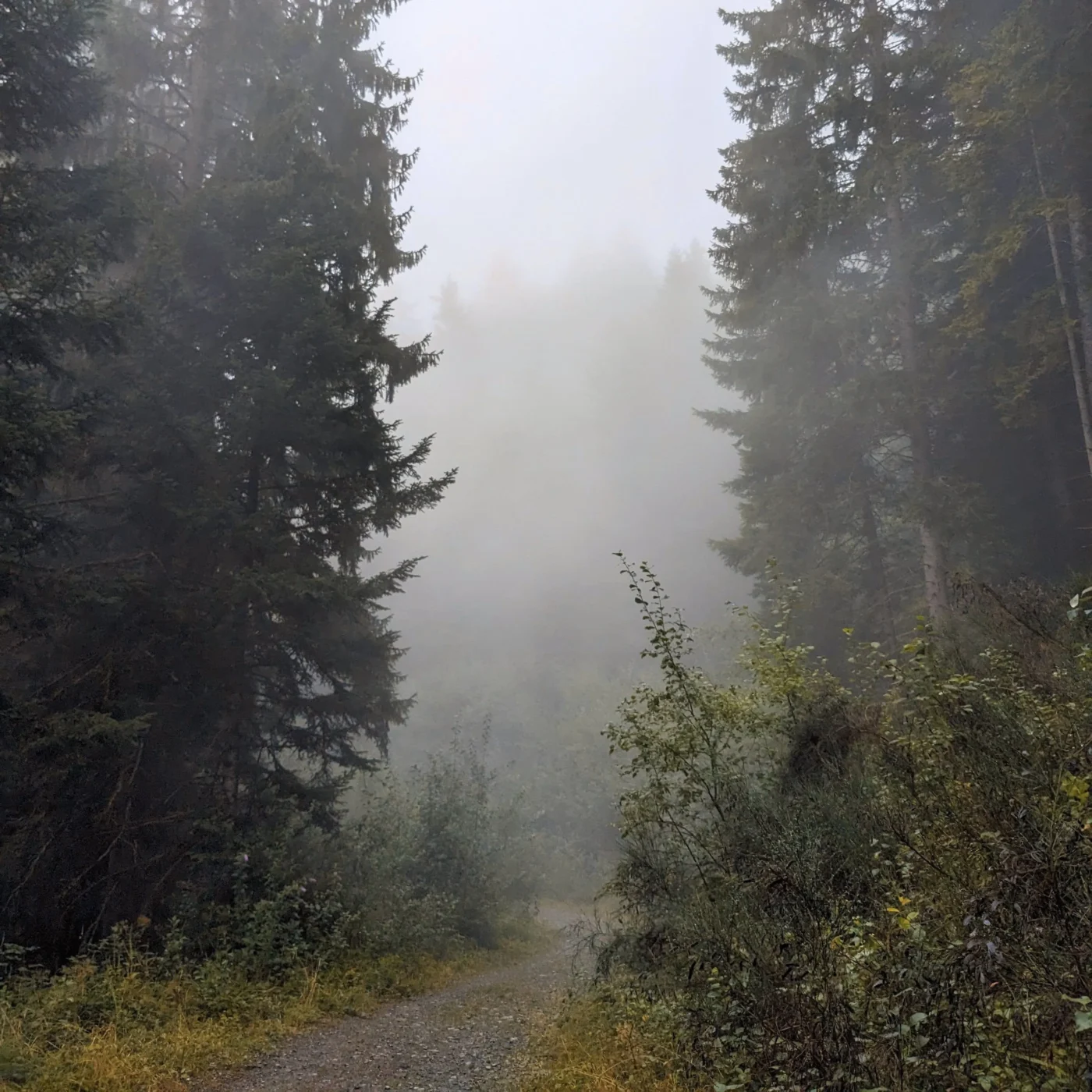
The 5 Benefits of (Simply) Walking in the Forest
Walking in the forest offers countless benefits—if you take the time to look and observe nature. This is known as forest bathing (or shinrin-yoku in Japanese). No goal, no performance—just a full sensory experience of the woods.
It’s not about walking to get somewhere or to exercise, but about immersing yourself in the forest atmosphere.
That said, simply starting to walk in the forest, without chasing performance, is already a first step toward this practice that brings many advantages.
1. Boosts the immune system
Spending time in the forest increases the activity of immune cells, including those key to antiviral and anti-tumor defense. A Japanese study found a marked rise in the number and activity of these cells after two days of forest walks, with effects lasting up to a month.
Researchers attribute these benefits to phytoncides—volatile organic compounds released by trees—that strengthen immune defenses when inhaled.
2. Reduces stress
Forest environments have an almost immediate calming effect.
Multiple studies show that walking in nature lowers both perceived and biological stress levels, affecting heart rate, blood pressure, and especially cortisol—the stress hormone. Even a short walk can soothe the autonomic nervous system, with benefits from the very first immersion.
3. Improves mood
Time in the forest positively influences emotional state.
Clinical trials reveal that participants feel less tension, anger, fatigue, or confusion after a forest walk.
This setting also fosters feelings of vitality, calm, and inner balance—effects stronger than those of an urban walk of equal length.
4. Stimulates creativity
Walking in the woods helps clear the mind, often boosting creative thinking.
One study measured nearly a 28% increase in creative problem-solving after a three-day forest stay, thanks to reduced mental clutter and greater cognitive availability encouraged by natural surroundings.
5. Enhances concentration
Natural environments allow directed attention—the focus needed to read, work, or stay on task—to recharge.
The forest’s gentle, non-intrusive sensory richness creates ideal conditions to relax mental strain without dulling alertness, improving later focus, working memory, and complex problem-solving.




Your comments and questions